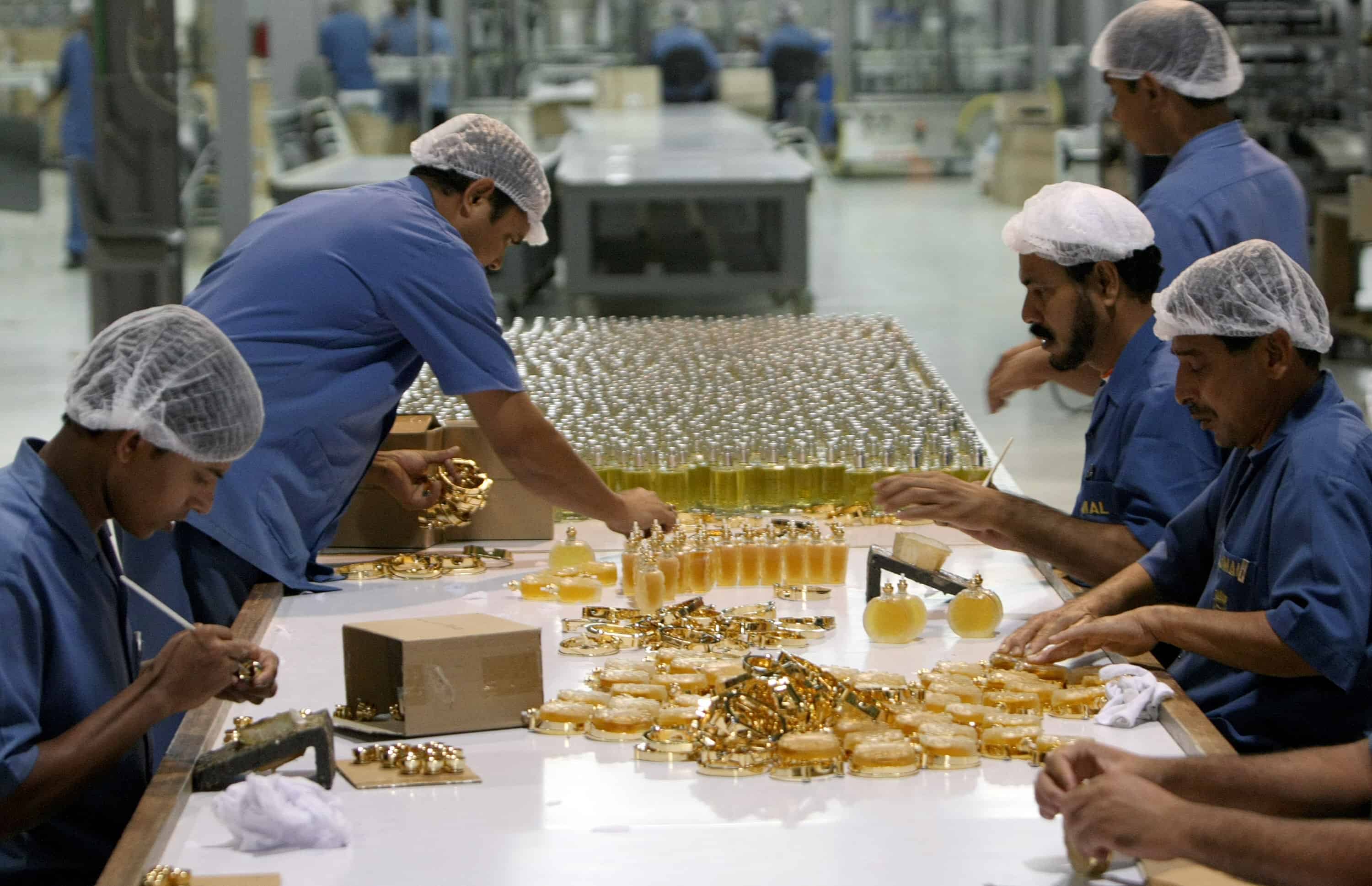GCC governments provide significant assistance to local startups, whether in financial aid and loans or logistical, scientific, and academic offerings, to achieve a productive economy that is not dependent on the oil sector to advance and keep pace with modern technology and technologies.
SME development in the GCC countries is still in its early stages, although progressing. The owners, family, and friends’ abilities propel small businesses forward.
SMEs face a hurdle in acquiring top personnel in the early days of a company’s formation because they can’t pay it. However, SMEs are better equipped to attract top-notch employees as government, special funds, and secondary stock markets increase their funding options.
Finding Talents
In an interview with TRENDS, Amr Khashoggi, Chairman at Amkest Group, explained that: “Difficulty in finding talent varies depending on the industry.”
“Let’s take the new industry of renewable energy, for example. It is challenging and costly to find specialists as the sector is growing faster than the ability to populate the vacancies within the companies involved in renewable energy, particularly in more sophisticated sources of power, such as green hydrogen and green ammonia,” Khashoggi added.
GCC local talents challenges
Khashoggi mentioned the challenges that GCC local talents face as follows:
- Local talents are in short supply due to skills and experience.
- Talents aspire to be entrepreneurs rather than employees.
- Due to COVID 19, many employees have got used to working out of home and are not keen on going back to trudging along to the office or factory.
So, how do we deal with that? First, as business owners, we need to produce a hybrid solution, rotating employees between remote or office work. For sanity, employees need human interaction.
Some factories and offices resort to automation to meet these challenges, using robots, sophisticated technologies, and artificial intelligence. Moreover, technology is becoming cheaper and widely available.
Finally, Khashoggi confirmed that we need to train, train, and train our local young men, women, and people with disability to become strong talents for GCC’s growing economy.
At the same time, it is essential to know that governments can’t and shouldn’t do everything independently to encourage their national talents. However, a true partnership between the public and private sectors is the only way to move forward in terms of cultivating and encouraging indigenous talent.
Women’s Representation
Khashoggi believes that many companies quickly embraced Women’s empowerment and employment. But, nevertheless, if we talk about Saudi Arabia, we notice that this development was crossed, particularly when women were allowed to drive for economic reasons.
As more families are getting more comfortable with their female members having enough independence to work and earn an income, more women are available to enter the employment pipeline. Making it to leadership positions is possible, but it requires experience, perseverance, and performance. This goes for the male as well as for the female employees.
Restoring Women talents
Khashoggi is one of the speakers at the TOP CEO Conference and Awards 2022 event. In addition, he will participate in 2 panels titled “Battle for skilled talent” and “The leaking pipeline,”; in which he will be addressing women leadership as well.
He said: “women employees have discovered during the pandemic lockdown that they can work from home and still look after their household, while many have preferred to go to the workplace. This is especially the case for women, even though some men have also resorted to working remotely, especially in the IT sector”.
Khashoggi encourages companies to find hybrid solutions to meet this scarcity of women’s talent that has become obvious in the last couple of years. Companies should invest in technology to increase the productivity of their employees working from both home and office, such as hot desks, etc.








